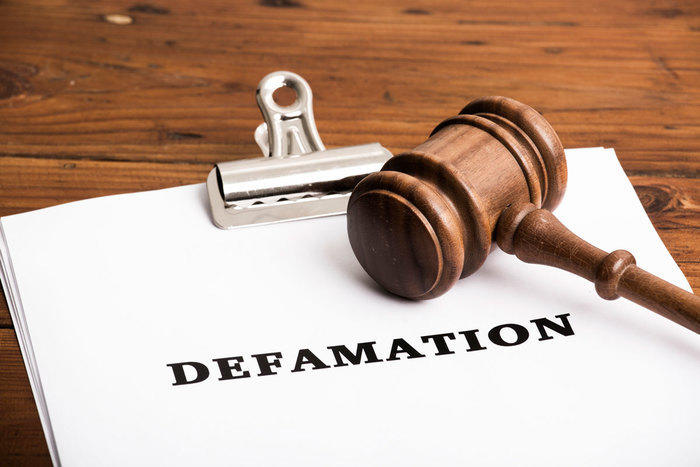Defamation has always been a serious legal concern, but in today’s digital world, it carries even greater consequences. A single false statement posted online can spread across social media, damage reputations, and even affect someone’s career or personal life. Defamation lawyers are legal professionals who specialize in protecting individuals and businesses from these types of harmful statements. Their role is crucial in ensuring that truth, fairness, and accountability remain at the center of public discourse.
What is Defamation?
Defamation is any false statement presented as fact that causes harm to someone’s reputation. This can take two forms: libel, which refers to written or published defamation, and slander, which involves spoken statements. For a statement to be considered defamatory, it must be false, communicated to others, and cause harm. Opinions, even if harsh, are typically not considered defamation unless they imply false facts.
The Role of Defamation Lawyers
Defamation lawyers help clients understand whether they have a valid case. They analyze the statements in question, assess the damage, and determine if legal action is necessary. These lawyers work on both sides of the issue. They may represent someone whose reputation has been harmed, or they may defend individuals accused of making defamatory statements.
Legal Strategy and Case Evaluation
The first step a defamation lawyer takes is to evaluate the situation. They review the statement, identify who made it, and determine if it was published or communicated to others. The lawyer then considers whether the statement is an opinion or a factual claim. This evaluation helps the client decide whether to pursue a lawsuit, request a retraction, or negotiate a settlement.
Building a Strong Case
Once a case is deemed valid, the lawyer gathers evidence. This may include screenshots, audio recordings, witness statements, or expert testimony on damages suffered. A key part of the process is proving that the statement was false and that it caused harm, whether emotional, financial, or professional. Defamation lawyers also assess whether the person who made the statement acted with negligence or actual malice, especially if the client is a public figure.
Why Hiring a Defamation Lawyer Matters
Defamation cases can be complex and emotionally challenging. Without legal guidance, it can be difficult to understand the laws, gather evidence, and navigate court procedures. A defamation lawyer provides support, expertise, and a clear legal path forward. They also help clients seek compensation for damages or secure court orders to remove harmful content.
Protecting Reputation and Privacy
In many cases, the goal is not only to seek financial compensation but also to protect the client’s reputation. Defamation lawyers help remove false statements from websites, news platforms, or social media. They may also request official corrections or public apologies. For businesses, this can be essential to restoring trust and preventing further damage to their brand.
Preventing Escalation and Litigation
Litigation can be costly and time-consuming. A good defamation lawyer often tries to resolve the matter outside of court. They may send a cease-and-desist letter, demanding that the defamatory statement be removed or corrected. If the situation escalates, the lawyer is prepared to file a lawsuit and present the case in court.
Digital Defamation and Social Media Challenges
With the rise of social media, defamation has become more widespread and difficult to control. A false post can reach thousands of people within minutes. Defamation lawyers have adapted to this by becoming skilled in digital evidence collection, online reputation management, and communication with internet platforms. They often work with tech experts to trace anonymous users or preserve online content before it is deleted.
Defamation and Freedom of Speech
One of the biggest challenges in defamation law is balancing protection of reputation with freedom of speech. Defamation lawyers must carefully evaluate whether a statement is an expression of opinion or a false claim presented as fact. Courts are cautious about limiting free speech but also recognize the need to protect individuals from harmful lies.
Conclusion
Defamation lawyers play a vital role in protecting reputations and upholding justice in both personal and professional settings. Their expertise helps clients navigate the complexities of defamation law, whether they are seeking to remove harmful content, obtain compensation, or defend themselves against accusations. In a world where information spreads instantly, the guidance of a skilled defamation lawyer can make a significant difference in restoring truth and dignity.




.jpg)
Comments